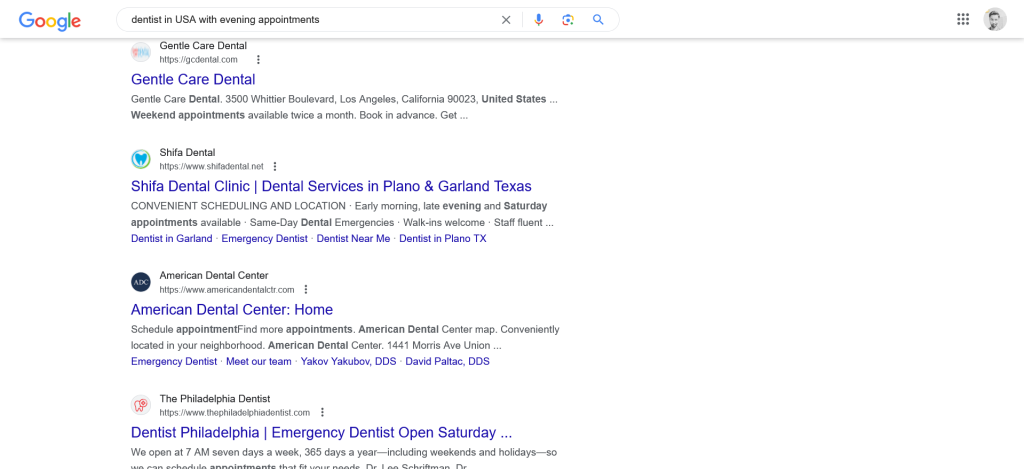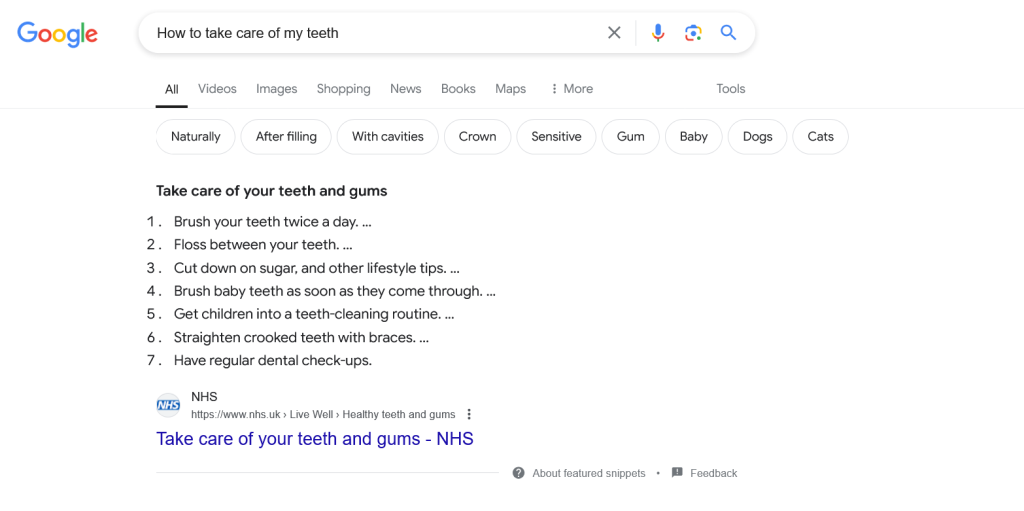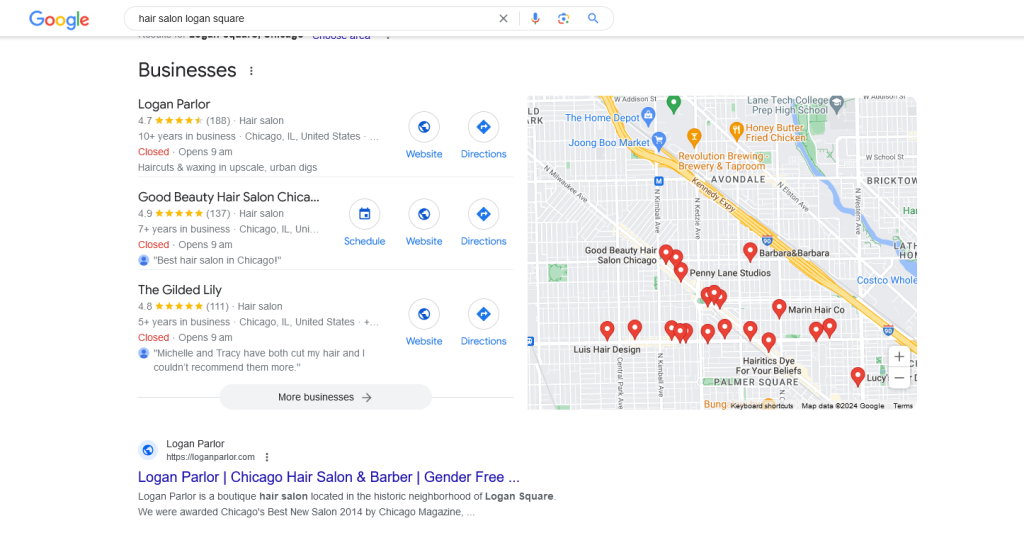When did you last pull out your phone and say, “Hey Siri, what’s the best pizza place nearby me?”
A report by G2 shows that 21% of people use voice searches every week.
That statistic clearly shows the changing trend in how people interact with the internet, and businesses need to adapt to it. With almost 31% of smartphone users using voice search atleast once a week, optimizing your voice search SEO to attract new customers is wise.
As voice search solidifies its role as a pivotal component of online behavior, it’s crucial to ask: Have you adjusted your content and SEO strategies to accommodate this shift?
This article will discuss seven ways to optimize your website and make it voice-assistant-ready! But first let’s understand what voice search is.
What is Voice Search?
Simply put, voice search allows users to search for a query in the search engine using their voice. Think Siri, Google, or Alexa Assistant – these are all types of voice search technology.
Voice searches are more user-friendly and have hands-free functionality; making it feel like you have a personal assistant who responds to your spoken commands.
Unlike traditional typing, 80% of voice searches are predicted to be conversational and natural. This shift necessitates a slightly different approach to SEO strategies for voice search optimization.
How does Voice Search Impact SEO?
Gone are the days of keyword stuffing and hoping to rank on search pages to increase website traffic and attract new customers. It’s all about providing clear and conscious information that aligns with people’s speech.
Search engines like Google are continuously evolving to understand the intent behind the search query, and voice search is the primary example of this. The goal is to provide a more relevant, straightforward, informative, delivered, and concise answer.
Consider the type of questions your ideal customer might ask and tailor your content accordingly. For example, instead of just targeting the keyword “Restaurant,” consider targeting long-tail keywords like “Best Restaurant nearby on a Saturday night.”
Now that we know why voice searches are important for SEO, let’s discuss different ways to optimize your website for them.
7 Tips for Optimizing Voice Search SEO
28% of consumers use voice assistants on a daily basis, making it crucial to optimize your website for voice search.
However, many marketers and professionals still struggle with optimizing for voice search SEO.
To help them out, here are seven tips to help you optimize your website for voice search SEO.
1. Focus on Conversation Keywords
People don’t speak keywords; they ask queries. Voice searches are typically more conversational, like asking your friend a question.
Consider using Natural Language people use, which means using a more conversational tone and avoiding jargon or technical language that might confuse readers. Try to write in a simple, easy-to-understand, and conscious way, sounding like a human, not like a machine, writes it.
For example, a typed search might be “best Italian restaurants,” and a voice search might be “Which are the best Italian restaurants near me for a date night?”
Since voices are typically longer and more specific, targeting long-tail keywords can improve your chances of matching with customers’ queries. This helps you attract more qualified customers to your website.
For instance, consider a customer in the USA searching for a dentist using voice search. They might use long-tail keywords with specific details like “dentists in USA with evening appointments.”

2. Optimize For Featured Snippets
Featured snippets account for 40.7% of the answers provided by voice search queries. Featured snippets are conscious answers to the customer’s queries, whereas search engines answer questions more informatively and precisely. Owning this position is prime real estate for voice search.
Imagine someone asking on their phone, “How do I bake a cake?” As a result, the search engines show the steps to bake a cake.
Structuring your content to answer common questions clearly and directly increases the chances of being featured. The average answer length of the Featured snippet is around 40-60 words.
It includes –
- Bullet Points
- Numbered Lists
- Concise Paragraphs
- Clear Headers
Here is an example of a Featured Snippet in which a customer asks, “How do I take care of my teeth?” The query is answered clearly using a numbered list.

3. Improve Website Speed and Mobile Friendliness
Since 27% of voice searches are often conducted using mobile phones and tablets, people expect quick answers to their queries, and a slow website can often impact your voice search ranking.
As voice assistants prioritize a seamless experience, optimizing your website for mobile browsing is crucial.
To do so, you must utilize website speed testing tools to identify bottlenecks and implement solutions like image optimization, cache mechanisms, and code minification to improve your website’s loading speed.
Another thing is to ensure that your website has a mobile-friendly design. A responsive design should adapt to any screen size, feature readable fonts, and include an easy-to-navigate menu to enhance the user experience.
4. Prioritize Local SEO
A simple query like “Find me a coffee shop near me that’s open now” highlights the importance of location-based voice searches.
Your Google My Business profile acts as a digital storefront for local searchers. Ensure that information such as hours of operation, clear photos, and accurate business operations are up-to-date to help search engines provide searchers with immediate answers.
To capture local queries related to your business, research local keywords and incorporate them naturally throughout your website content, particularly in blog posts and event announcements referencing local landmarks.
Moreover, positive reviews are invaluable. Encourage customers to leave reviews on Google My Business and other platforms, as voice assistants also consider these ratings.
Ensure your business is listed on relevant local directories to boost your online presence and local SEO ranking.
For example, a customer searching for a hair salon in a specific area will receive instant results with all the necessary details about local salons.

5. Create FAQ page
Develop FAQ pages that address common questions related to your website or product pages. Use a question-and-answer format within your content to target these coveted snippets, enhancing your voice search visibility.
Creating an FAQ page improves user experience and helps search engines gather valuable information about the topics you cover, potentially boosting your ranking for voice search queries.
Include natural, clear, and conversational language to become a go-to answer for voice assistants. Break up the answers with headings and bullet points to improve human and voice assistants’ readability.
6. Use Structured Data Markup
It might sound a bit technical, but it’s a powerful tool that provides search engines with additional information about your website’s content. Think of it as adding a label to the books in the library to categorize them.
Schema markup helps categorize your content into neat categories, making it easier for search engines to understand the content and its relevance to the user’s search intent. This, in turn, boosts your website’s search results, especially for voice searches.
User-friendly tools like Schema.org and Google Structured Data Markup Helper can assist you in implementing structured data markup on your website. Even basic markup can significantly improve your chances of being featured in voice search responses.
7. Focus on Content Quality and Relevance
One of the effective elements of voice search SEO is high-quality, relevant content that directly answers the user’s query. As voice search users often ask queries in a natural, conversational way, crafting well-researched content addresses your audience’s specific needs and interests.
Users often initiate their queries with terms like “what,” “how,” and “why.” Therefore, your content should revolve around keywords rooted in questions.
For example, rather than relying on “best mobile phone,” make sure to optimize your content for more relevance: “Best Mobile Phone with high-quality front camera and battery life.” The more relevant and engaging your content, the better your chances of appearing in voice search results.
Conclusion
The ways users search their queries have dramatically shifted, and voice search optimization has become more crucial. Optimizing your content by focusing on conversation keywords, feature snippets, Safety website, Local SEO, structured data, and high-quality content enhances search result visibility.
This blog has discussed seven powerful tips to conquer voice search that ensure you become a voice assistant favorite. The key lies in understanding users’ intent, high-quality content, and ensuring smooth user experience across devices.
Optimizing voice search SEO helps you enhance your website’s ranking on search engine result pages, attract new customers, and ultimately increase traffic.
Is your website optimized for voice search SEO?
If no? What are you waiting for?
Start optimizing your website for voice search today and drive more traffic.








